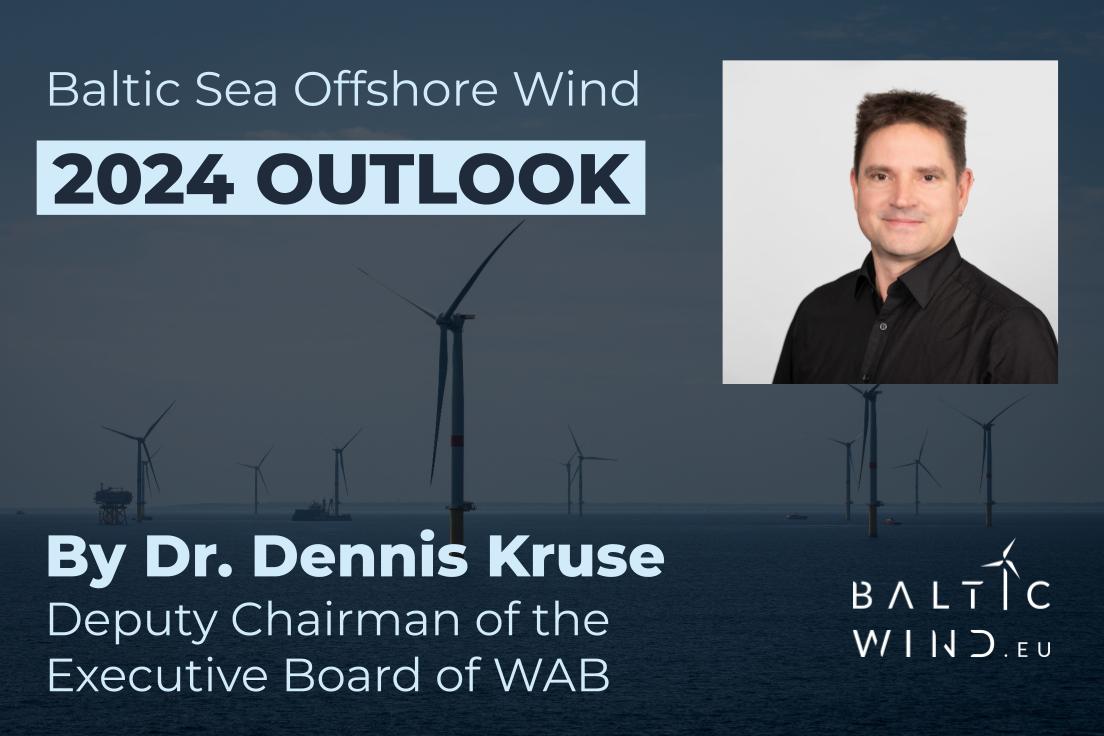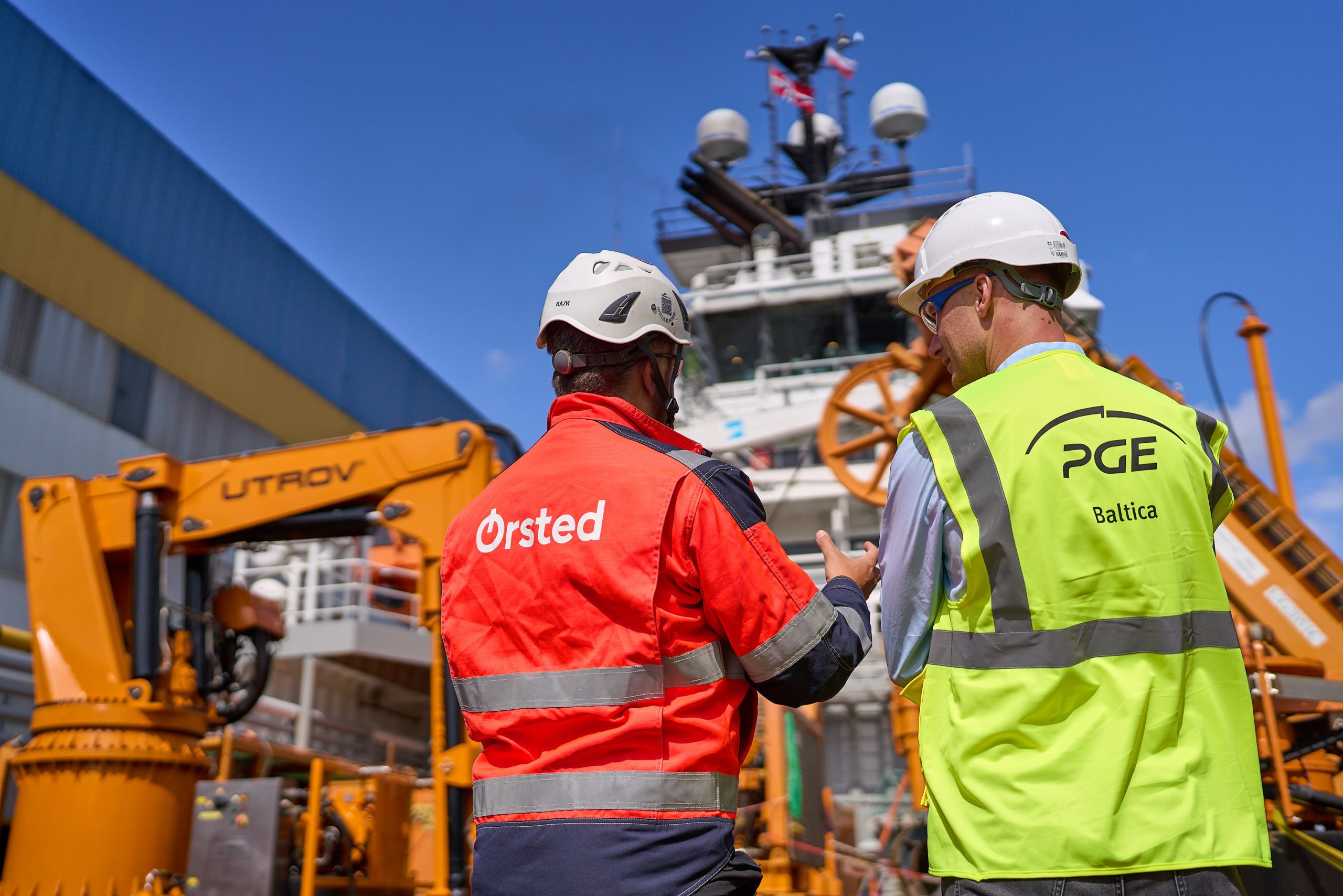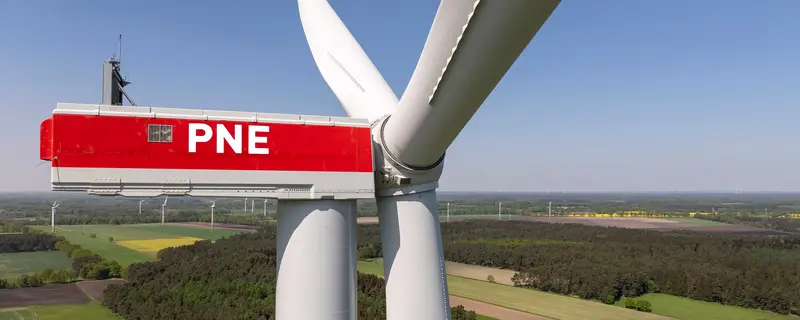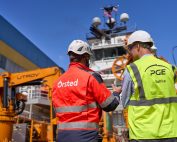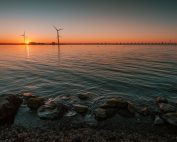BalticWind.EU asked industry leaders and key policy-makers for their assessment of what has been achieved in the past year and what the forecasts are for 2024. In today’s interview of the „Baltic Sea Offshore Wind – 2024 Outlook” series, we present the opinion of Dr. Dennis Kruse, Deputy Chairman of the Executive Board of WAB.
What is the most significant development for the offshore wind in 2023?
In mid-2023, the Baltic Sea Council met again for the first time in nine years with the participation of the foreign ministers involved. At the meeting in Wismar, it was decided to push ahead with the expansion of offshore wind energy in the Baltic Sea in the coming years. In a joint declaration, the participating states committed to ambitious expansion targets for offshore wind in the Baltic Sea. The offshore wind power capacity in the Baltic Sea is to be increased sevenfold by 2030. In order to achieve this goal, all electricity suppliers in the Baltic Sea are to work together across borders in addition to other measures. The agreed measures offer great opportunities for value creation in the participating countries.
What are the most important challenges for offshore wind development in 2024?
The European offshore wind industry must be expanded rapidly in order to achieve the expansion targets. The production capacities and infrastructure currently available are far from sufficient to achieve the targets. Accordingly, political support is now required to build up and expand production capacities in order to prevent supply bottlenecks. This affects not only the supply chain, but also the European seaports. The expansion of the ports is a key issue in achieving the expansion targets.
What matters related to offshore wind energy will you particularly focus on in 2024?
Hydrogen is an important factor in achieving the targets for the decarbonisation of energy-intensive sectors. The necessary expansion of the hydrogen infrastructure offers a high potential for added value. In order to create resilient structures, a remuneration structure for green hydrogen that goes beyond the scope of existing funding programmes is required to create incentives for potential market participants and enable the market ramp-up. Well-trained specialists are also required for the planned ramp-up of hydrogen activities. Suitable training and further education programmes are already required to prevent staff shortages. Hydrogen is rightly described as a key technology for decarbonisation. However, there are still a number of tasks to fulfil in order to enable the development of this technology on the required scale.
